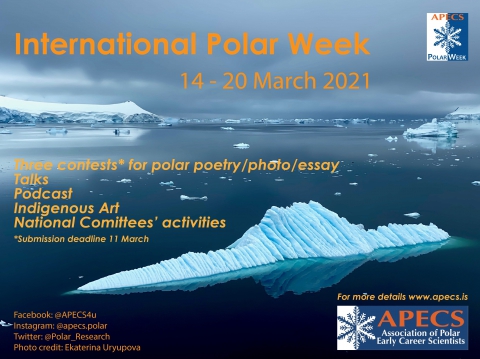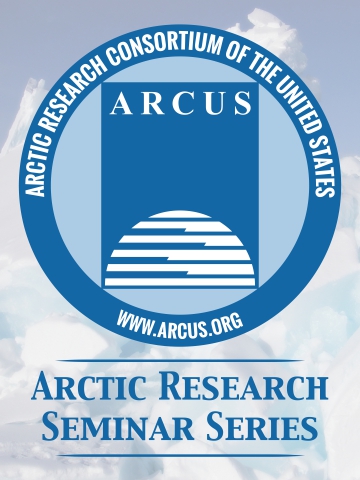ARCUS invites registration for the next Arctic Research Seminar featuring Dr. Gil Bohrer, Professor in the Department of Civil, Environmental and Geodetic Engineering at the Ohio State University. Dr. Bohrer’s presentation, titled Ecological Insights from the New Arctic Animal Movement Archive - Tracking Three Decades of Animal Movement across a Changing Arctic will be held via Zoom. Please follow the link above for more information and to register.
Abstract
Data from animal-borne sensors offer a growing source of global remote sensing monitoring data. Combining these data allows ecologists answer questions about biodiversity and long-term, large-scale patterns in animal behavior in relation to changing environments. The Arctic Animal Movement Archive (AAMA) is a collaborative and growing collection of over 200 terrestrial, avian and marine animal tracking studies from the Arctic and Subarctic, documenting over 15 million location observations and other sensor measurements of over 8,000 animals of 96 species. The AAMA is hosted on Movebank, a global research platform for bio-logging data. Movebak includes the EnvDATA toolpack - a library of research tools that link movement data with many NASA remote sensing products, and weather reanalysis models’ weather data products. Through the AAMA, data collected by hundreds of institutions is stored in a standard format and can be accessed publicly or upon request. Support for controlled-access data is critical to integrating wildlife monitoring data that cannot be shared publicly due to legal restrictions or conservation status, and to allow sharing of near-real-time data as they are being transmitted.
In four case studies demonstrating the utility of this new archive, we gained preliminary insight into the climate change response of arctic animals by annotating long-term and large-scale movement data and demographic events locations and times with environmental data from remote sensing. In golden eagles, we identified the environmental drivers of long-term trends in the onset date of arrival to summering grounds. We found that parturition date (date of giving birth) in caribou is showing the most rapid change in northern populations. We found a strong movement responses to within-season maximum temperatures with opposite directions in wolves and caribou vs. moose. Finally, as a test of the tag technology, we validated tag-borne temperature observations, against ECMWF modelled temperature estimates.
As climate change and human disturbance increasingly alter the Arctic, the AAMA offers a 30-year data record that can serve as a baseline for documenting whether and how animals respond, and to recognize early signals of local or large-scale Arctic ecosystem changes.


